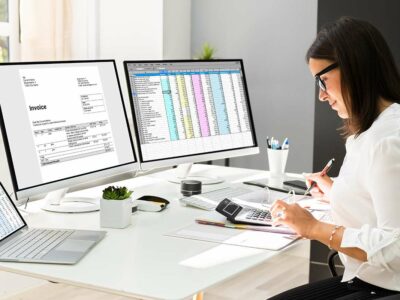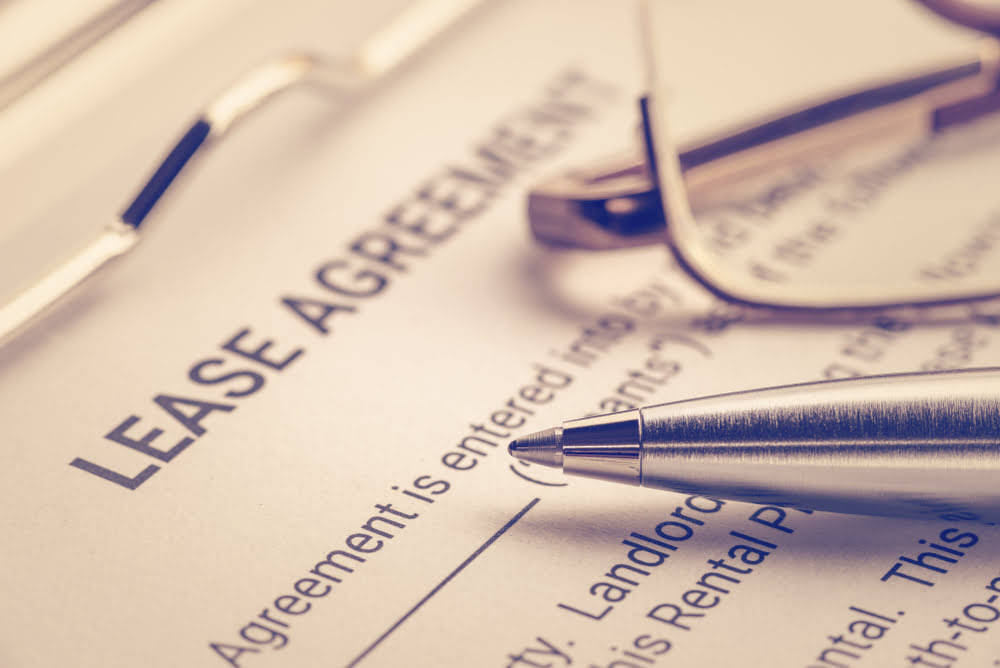
Once the audit process starts, the auditor will ask a series of questions and perform tests to verify specific information. Finally, discuss draft year-end figures with your accountant ahead of tax return filing for their analytical eye to spot risks, and savings opportunities and provide formal sign-off. If holding physical inventory, perform a detailed count of all items in stock at year-end and update your accounting system balances to match. Automating processes saves you time and improves accuracy meaning that all you should need to do bookkeeping is check what’s been populated, rather than input it yourself. We also have an invoice list, which allows you to have a complete list of all invoices, record when paid and show any outstanding invoices. As a business, you might provide job estimates for your services to potential customers.

Getting Your Records Audit Ready

One of the key advantages is that it helps simplify your tax returns, as everything is in one place. When you are self-employed, having a separate business bank account is important. It will help you keep track of your expenses and profits, making it easier to calculate the figures to file your taxes. Business Accounting Basics has free bookkeeping templates to assist in the process. One template we have received requests for is a cash book from April for the taxation year.

Saves Time & Money

It’s also much easier to keep all of your records organised when they’re on an accounting software. This timesheet template includes break time, regular and overtime hours, sick days, vacation time, and holidays. Enter the starting date for the week at the top of the template, and the dates will automatically populate the timesheet. View hourly rates, total hours, and total pay for each day and week.

Balance Sheet Accounting
- Real Business provides readers with high profile interviews, news, insight and industry benchmark reports, as well as a growing stable of events tailored to SME growth.
- Choosing the type of invoice that perfectly communicates the charges made to the client’s account makes a huge difference.
- Always keep copies of important documents for record retention purposes so that you can easily access them at any time.
- You need to let your clients know exactly how much they owe you, why each charge has been made to their accounts and how they should make a payment.
- We built okke to be the best and simplest bookkeeping software for sole traders, with easy to learn guides and simple terms to keep learning time low.
Manual systems can be cheaper to set up and maintain, but they are time-consuming and prone to human error. The auditing process begins with planning where auditors review documentation provided; this could include previous audits reports or details of your financial position. As a sole trader, one of the most daunting tasks you may face sole trader accounting is preparing for an audit. The thought of having your financial records scrutinised can be intimidating, but with proper preparation, you can ensure a smoother process. It is important to seek advice from a qualified professional such as a tax accountant or bookkeeper if you are unsure about your tax obligations or how to file correctly. This is calculated by subtracting allowable business expenses from your business income.
You are not expected to perform in-depth financial analysis, but keeping track of your accounting records is important. It’s much simpler and more cost-effective to use bookkeeping best practices when you keep your personal income and expenses separate. Technically, ‘sole trader’ refers to a business structure that is subject to specific tax requirements. For this reason, it’s important to understand the best practices for financial record keeping for sole traders.
- In your second year of trading you need to include ‘Retained Earnings” under the Equity section (which is just your “current year earnings” from the first year).
- Our services include Cash Receipts, Cash Disbursements, Accounts Receivable, Accounts Payable, Sales Tax Reports, Payroll including Quarterly Reports & W-2’s.
- In this blog post, we’ll discuss the basics of self-employed bookkeeping and how you can achieve it yourself.
- It’s important to distinguish bookkeeping from accounting, which interprets and analyses financial data provided by bookkeeping.
- When budgeting, accounting for any seasonal variations in the business is critical to ensure that you have sufficient funds when they’re needed.
- Make sure to keep detailed records in case of an audit – record retention for sole traders varies by location but generally requires keeping documents for at least three years.
- Track outstanding invoices, see overdue amounts at a glance, and avoid late fees.
This information is also valuable when creating profit and loss statements or analysing financial ratios. Once you have determined what taxes you need to pay and when they are due, it’s important to keep track of all payments made throughout the year. This means keeping records of all transactions related to taxes including receipts or invoices for tax payments made. Creating this statement involves identifying all sources of income, such as sales revenue or investments, as well as expenses like rent, salaries, and other operating expenses. A robust cash flow statement allows you to see how much money is coming in and going out of your business regularly. As a sole trader, it’s essential to have a clear understanding of your cash flow.
Sole Trader Record Keeping: The Importance of Accurate Records
If you run a small business, the chances are you complete some or all of the work from home. When you use your home for business use, you are entitled to claim some expenses. Setting a budget can be important to see the differences between what you expect and what you actually earn. You can adjust the budget during the year to reflect any changes that may occur in your business. Changes may include gaining an additional contract or unexpected expenses. An extension to our cashbook includes being able to set a budget and compare the two.
- All our accounting packages include free access to Chartered Certified Accountants, so you can make confident business decisions without worrying about extra costs racking up.
- Fill in the itemized list of payments due, and adjust the tax percentage to calculate the total amount owed.
- Some of the most popular packages include Xeroor QuickBooks; these all have a monthly cost.
- The budget is set on one page and can be adjusted during the year if your circumstances change.
- Get a snapshot of your monthly profit and loss report by entering your financial data and selecting the month that you want to view in the dashboard.
- The free template offered on this website is easy to use and can be customised to include your products or services.
- The options include online accounting software, Excel spreadsheets and paper-based bookkeeping.
- For tangible assets like equipment, thoroughly track purchase invoices, in-service dates, depreciation terms, expected lifespans and disposal values.
- In Australia, for example, businesses are required to track GST separately from other sales taxes.
It’s something that freelancers, contractors and small business owners need to https://www.bookstime.com/ understand. Log Income Regularly – Enter income into your bookkeeping system as soon as payment is received. This could be daily, weekly, or monthly, depending on the volume of transactions.
What are the benefits of maintaining good bookkeeping records for a sole trader business?
Reconciling bank accounts means comparing the transactions recorded in your accounting system with the ones on your bank statement to ensure they match up correctly. Failure to reconcile bank accounts regularly can result in errors in financial statements that could lead to incorrect tax returns or other legal issues. As with bank account reconciliations, regular reconciliation of credit card accounts is a vital aspect of effective sole trader record keeping and managing cash flow as a sole trader. Take time each month to reconcile all accounts and review statements for any unusual activity or fraudulent charges. Sole trader bookkeeping refers to the process of recording all financial transactions for your business.

Deje su comentario
Debe iniciar sesión para escribir un comentario.